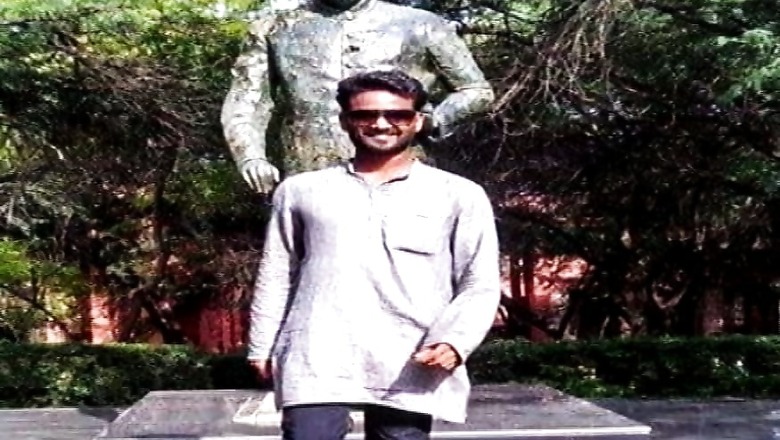
views
New Delhi: After the death of a Dalit scholar of Jawaharlal Nehru University, other Dalit students of the varsity alleged “institutional caste-based discrimination” and activists demanded a high-level committee to be formed to probe the allegations.
J Muthukrishnan, also known as Rajini Krish was found hanging in his flat in New Delhi’s Munirka on Monday.
Ramesh Nathan, National Dalit Movement for Justice said that the students of JNU have alleged caste-based discrimination in the varsity.
“But nobody came forward till this unfortunate incident. We demand a high level committee to inquire into the treatment given to the SC/ST students, their statements should be documented and action should be taken against the professors found guilty,” he said.
Before joining JNU, Krish was a student of Hyderabad Central University, and was active in the ‘Justice for Rohith Vemula’ movement. He was an Ambedkarite and vocal about the systematic alienation of students from marginalized sections in higher education. He was also active in opposing the latest UGC notification that would restrict the number of students coming from the SC/ST background.
Birsa Ambedkar Phule Student’s Association (BAPSA) leader Rahul Sonpimple said, “Krish was hard -working. But was made to think he did not know good English.”
“Whenever he wanted to be excused from protests, he would say that I can’t come for protest, I have to study a lot because these people didn’t give me admission for five years and I have to prove it to them,” he added.
“We would let him go and never stopped him,” Sonpimple said, “He discussed about discrimination. In JNU there is subtle discrimination, upper castes make their peer group and you have to agree with either left or right. It is difficult to be anything except left and right or you would face stigmatization.”
Vikas Kumar Moolas from Warangal who is studying in JNU, said, “He was unfamiliar with formal procedures and professional interactions. He was unfamiliar with the traditional set-up. It exposed cultural differences that existed between the faculty and the students.”
“In any community we have to make a very viable environment to feel equal irrespective of what is their class and caste. Until and unless one such environment is created we are not going to have a free access to education,” said N Paul Divakar, who is a Dalit activist and General Secretary of National Campaign for Dalit Human Rights (NCDHR).
Divakar said that to create an equal environment, scholarships, allotment of hostels, assignment of guides, equality cell and anti-discrimination units had to be strongly maintained.
Activists maintain that “institutional discrimination” can happen anywhere and is not the question of any particular university.
Krish’s father Jeevandhaam has filed a complaint with the Delhi police alleging that his son cannot commit suicide. "He took up odd jobs in Salem to finance is education in HCU and his further studies. After getting admission in JNU he was very keen to pursue higher education and pursue career in civil services."
He further wrote in the complaint that his son was not depressed or suffered from any mental problem, “My son was not a coward and I want police to thoroughly investigate in the suspicious death and not suicide of my son.”




















Comments
0 comment